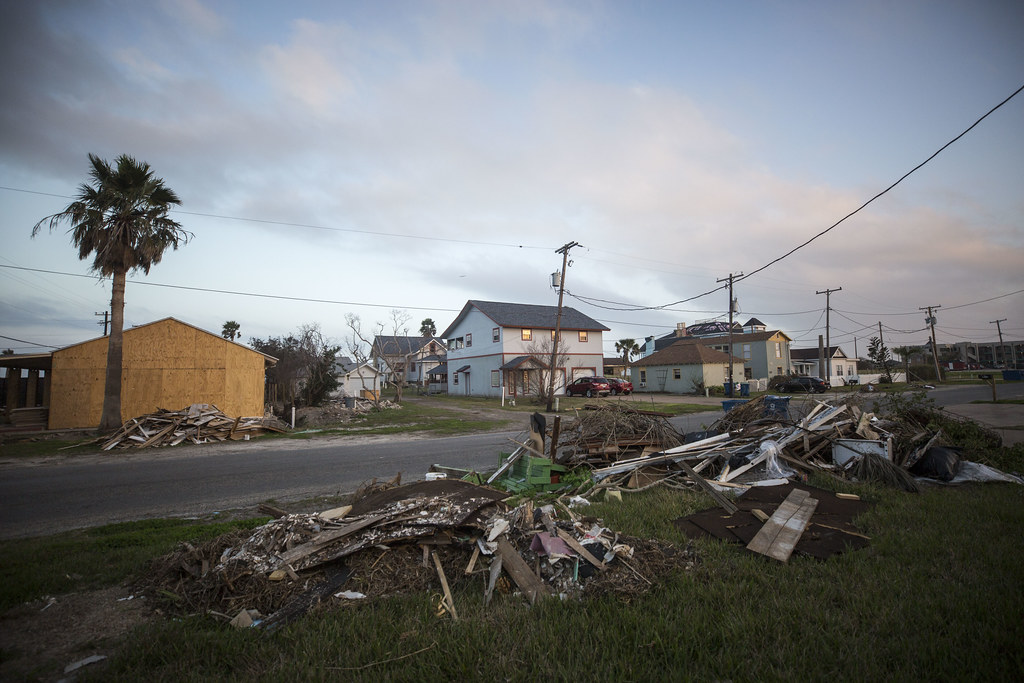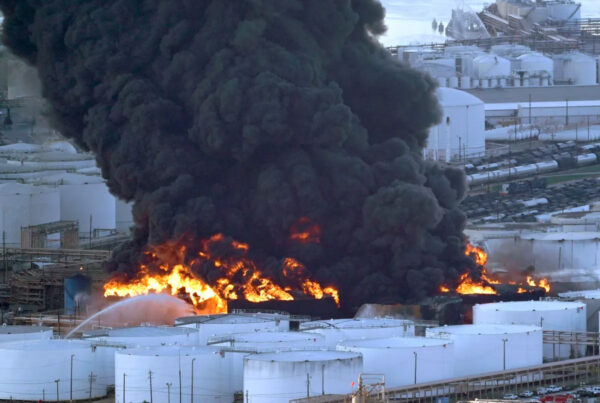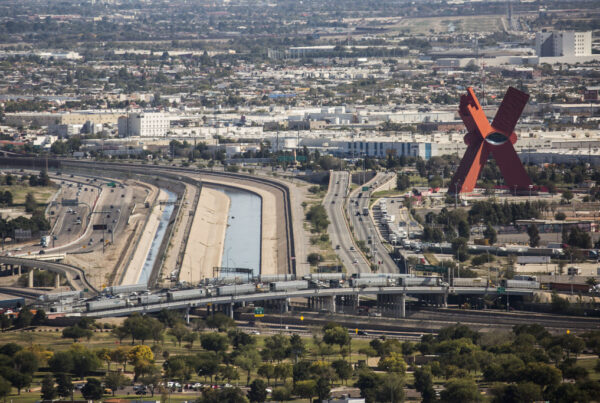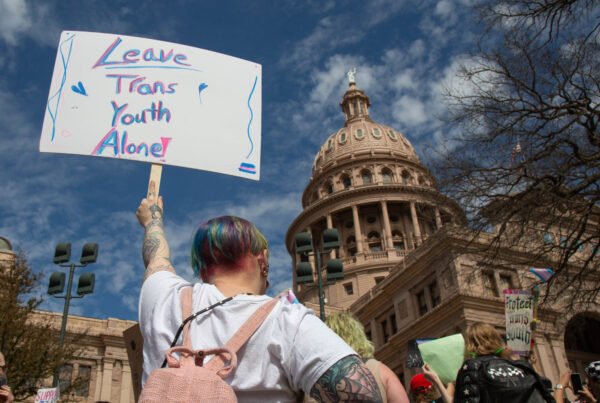An insurance crisis that began in Florida and spread to Louisiana has now made its way to Texas.
A growing number of coastal homeowners have been forced to purchase policies from a state-chartered insurance program – the Texas Windstorm Insurance Association (TWIA) – since they are the only coverage option for their high-risk homes.
The rapid growth of TWIA has alarmed officials and insurers, raising concerns that if and when the next major storm hits Texas, it could result in so many claims that the state insurer would have to force insurance companies and residents statewide to help pay for them.
Journalist Thomas Frank covers climate issues for E&E News, and he joins us to talk about what’s at stake. Listen to the story above or read the transcript below.
This transcript has been edited lightly for clarity:
Texas Standard: Let’s begin with the program in question, the Texas Windstorm Insurance Association, or TWIA. How did it become the insurer of last resort in the first place?
Thomas Frank: It was created in 1971 by the Texas state Legislature to provide insurance for properties on the coast that no insurer wanted to insure because it was too risky. These kinds of programs exist in about 32 states. And it’s a very important program in Texas, especially because there is so much exposure on the Texas coast in terms of the vulnerability to hurricanes and the amount of development – the number of houses along the coast as well as industrial facilities.
What is TWIA’s current financial situation?
So the way TWIA operates is it doesn’t keep a lot of money in the bank. It’s got basically $250 million in its checking account, if you will, to pay claims. And once the claims go over that, then it has a whole bunch of strategies in terms of ways it can raise additional money through what you might call sort of emergency measures. And one of those is to basically impose an assessment on every insurer in the state, which is, in effect, a tax. And that’s sort of the last resort. But it’s a possibility and it’s happened before in Texas.
How much did you say was in its checking account, as you put it?
The projection is $265 million.
A lot of insurance companies basically reinvest a lot of the money that they make so that you’re earning interest. Is TWIA not doing that?
Well, TWIA does not operate like Allstate or State Farm. It’s much, much smaller. It’s not a global or international company. So no, TWIA is not doing that.
So if and when another storm hits Texas, TWIA doesn’t have enough money to cover it. And by the way, that $250 million sounds like a rather small amount given how catastrophic certain storms have been here in Texas. You say the insurance association is empowered to tap money from other insurers. Now tell us about how that works.
So this is written into state law and it’s part of the state charter. So, let’s say they’ve got $250 million in their checking account and they need to pay $1 billion in claims. One of the ways they can get that extra $750 million is by imposing these assessments on every property insurer in the state. Even the companies that don’t have property anywhere near the coast, so that property insurers in Lubbock and El Paso are going to be forced to pay an assessment, which is a percentage of the amount of premiums they write. And of course, they just pass along to their policyholders.
So, in effect, think of it as a tax on every insurance policyholder in Texas. And that’s the way the system is designed. And by the way, it’s not unusual. Every state has that. It’s just that nobody knows about these things. And a lot of times they never have to do this. But the Texas coast is much different from the rest of the country.
How dire are the potential repercussions here for Texas insurance companies and by extension, those of us who have insurance policies?
How dire depends on how bad a storm there is. If there are two or three really bad storms, it’s most dire for the smaller insurers – you know, not the Allstates, not the State Farms. Small, regional insurers that don’t have a lot of reserves and for whom even a small assessment throws off their bottom line. And those are the insurers that do a lot of coverage throughout Texas.
To your knowledge, is this something that lawmakers are aware of or are focusing on?
They are. Yes, they’re aware of it. And there was discussion among the TWIA board about not waiting for a bad hurricane, but just ahead of the hurricane season, imposing an assessment on them. And they actually ended up voting that down. So they’re not going to do that. But in response, one lawmaker introduced legislation that would, in effect, eliminate TWIA. I don’t think that bill is going to pass now. I don’t think it’s necessary, but they certainly pay close attention to this.
If you found the reporting above valuable, please consider making a donation to support it here. Your gift helps pay for everything you find on texasstandard.org and KUT.org. Thanks for donating today.













